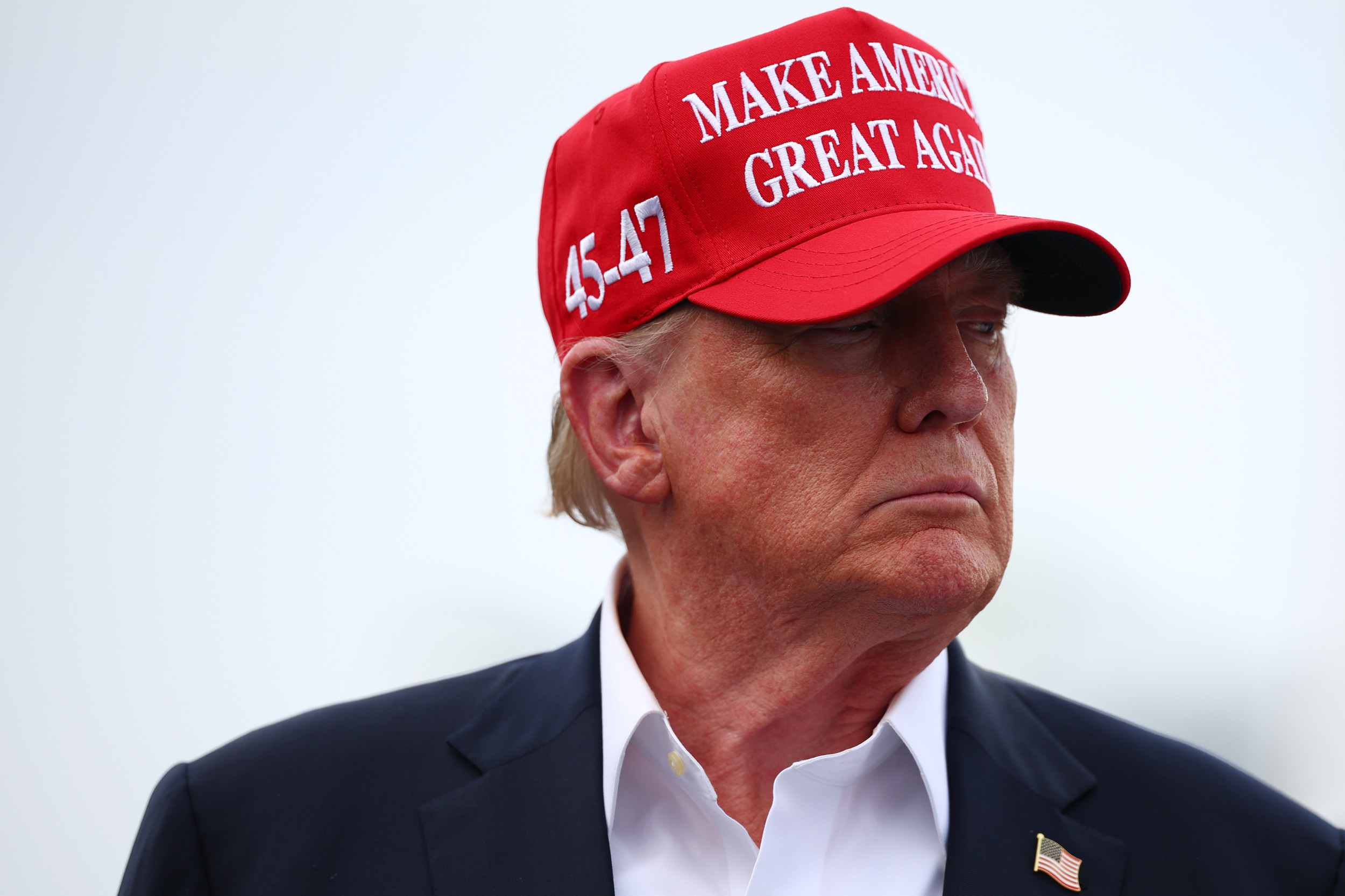The volunteers' lounge, with the free vending machines and big-screen TV, was deserted at mid-afternoon. Down the hall, the phone bank that once took toll-free calls for Ross Perot 24 hours a day is gone, turned back into another carpeted prairie of vacant north Dallas office space. Those keeping the flame now work from a smaller room once used for press briefings. They staff 12 lines, 9 to 5, weekdays. A sign proclaims that THE SECOND WAVE HAS BEGUN. Tanya Altmyer, a Perotian since March, believes The Return is inevitable. "I don't think people are going to let him go away," she says.
This is the headquarters of the headless campaign. Ross Perot ended his plans to enter the presidential race last month, but he's not acting like a man who's comfortable with his decision. He was on television last week promoting a new book ("United We Stand") that outlines the tough tax-hike and spending-cut regimen he wouldn't take to voters as a candidate. He also kept the door on his political plans ajar, suggesting that "the American people have a place to come" if they're unhappy with the economic plans of George Bush and Bill Clinton, and hinting that he could air TV ads aimed at both this fall. Just in case his 118-page paperback gets overlooked in bookstores, he's bought 100,000 copies himself for free distribution. Perot continues to pay the rent on 64 volunteer offices across the country. In the six weeks since he quit, workers in 17 states have submitted nominating petitions; he's now on the ballot in 36 states. By fall, the total could be close to 50. For the last month a full-time Perot field operative from Dallas has been in New York overseeing a petition drive and supplementing volunteers with paid workers.
What's Perot up to? Those who know him see political and personal motivations at work. One is to deny George Bush a second term. They say he considers the president an incompetent on economic issues and is bitter about Republican attacks that helped drive him from the race. Perot was also stunned by the angry reaction from many of his volunteers when he pulled out July 16. "He recognizes that he hurt a lot of people. I don't think he really comprehended how deep the feelings were," says Orson Swindle head of United We Stand America a new organization of Perot volunteers that plans to press the presidential candidates to adopt the Perot platform. Perot-watchers say the straddle may be his attempt to erase the quitter stigma and feed his own compulsive need to be a player, without assuming the risks of candidacy. "He may ultimately do nothing except show that he hasn't tucked his tail," says Texas political consultant George Christian.
Perot could still be a significant force as protest vote in a close fall election. One GOP polltaker said last week that Perot continues to pull double digits in California and Texas. Those numbers are likely to dwindle, but ex-Perot polltaker Frank Luntz says he will draw at least 5 percent nationally in November. "And this election will not be decided by anything more than that," he says. Some analysts say he remains positioned to do more damage to Bush than Clinton, especially in Republican bastions like Dallas-Ft. Worth and Orange County. Bush's tax-cut ploy may make it even more difficult to win over Perot voters. "The thoughtful, disaffected suburban voter who is disenchanted with Bush has a sense that something honest and credible must be done about the economy," says Democratic consultant George Shipley. "The tax cut is pitiful pandering. The Perot voters will want no part of it."
Most of Perot's book recapitulates deficit-fighting proposals he made this spring and early summer. His plan calls for new taxes on tobacco and gasoline, marginal rates as high as 35 percent for families making more than $89,250 (or individuals over $55,550) and levies on social-security benefits. He would also limit the mortgage-interest tax deduction to mortgages of $250,000 or less. Perot would cut federal discretionary spending by 15 percent, chopping items that range from the space station to the Rural Electrification Administration. He says the package would save $754 billion over five years. It's a blockbuster plan, but one from a man who can't decide if he's on or off the field. The in-again, out-again tease seems singularly cruel to his volunteers and is bound to diminish the impact of his ideas. In the book's afterword, Perot writes, "A person doesn't become a politician without learning to dance the two-step." Right now, Ross Perot is dancing as fast as he can.
How do you regard the following? Bush's call for an across-the-board tax cut tied to spending reductions 29% A serious proposal 65% Just politics His saying taxpayers could check a box on their tax return to allow up to 10% of their payments to go toward reducing the deficit 34% A serious proposal 60% Just politics
NEWSWEEK Poll, Aug. 21, 1992
Uncommon Knowledge
Newsweek is committed to challenging conventional wisdom and finding connections in the search for common ground.
Newsweek is committed to challenging conventional wisdom and finding connections in the search for common ground.





